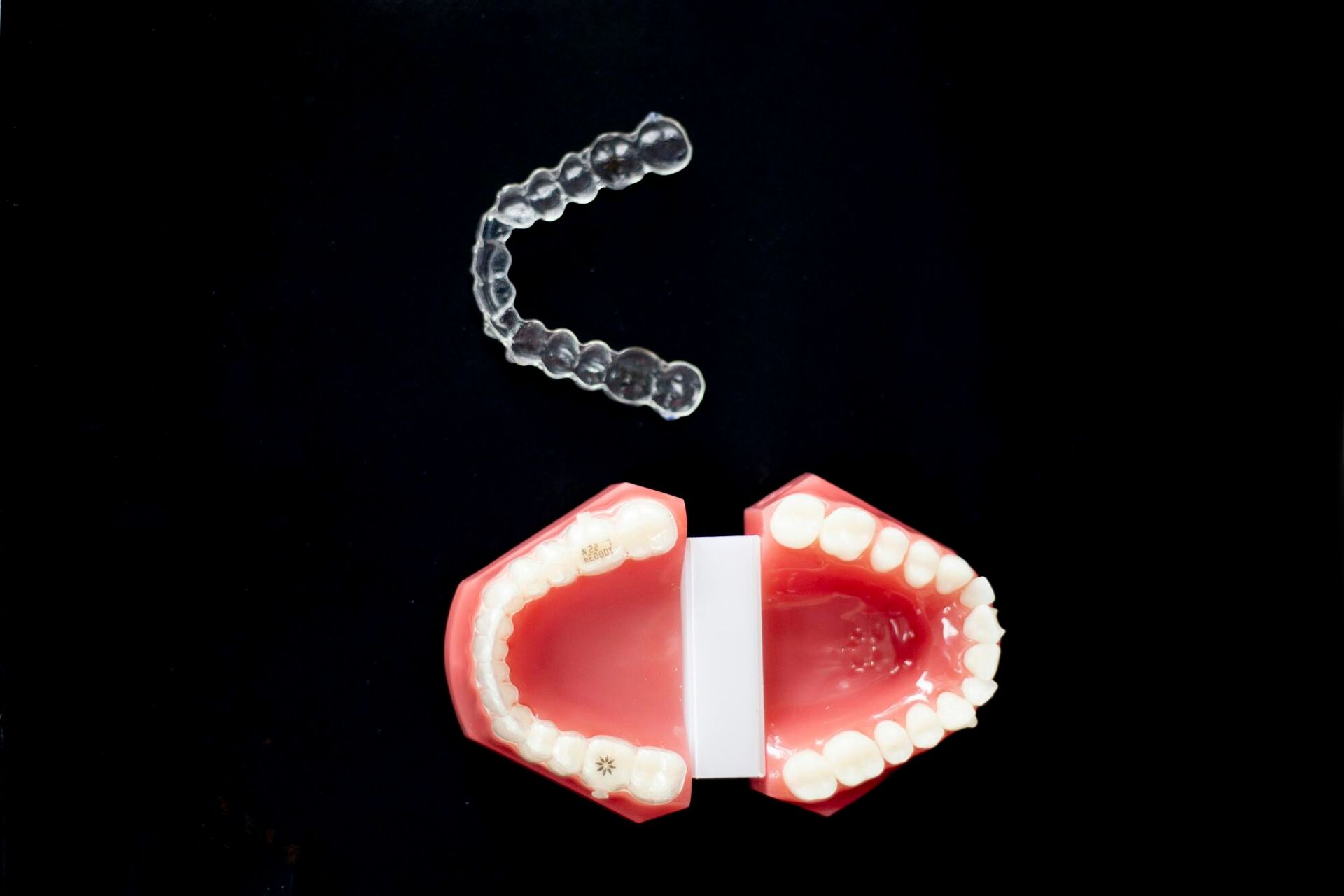Dental Implants with Gum Disease: Is It Possible?
Can you get dental implants with gum disease? In many cases, you can, as long as the infection is treated and the bone is healthy enough to support the implant. People with mild to moderate gum issues often qualify once their gums have fully healed.
According to the CDC, 42% of adults over 30 have some form of gum disease, which means a large percentage of patients considering implants are dealing with the same concern. A lingering infection affects more than how your gums feel. It also influences whether an implant can hold steady, heal properly, and stay secure long-term.
Understanding how gum treatment, bone support, and implant planning work together gives you a clear path forward. This article shows how people with gum disease can still rebuild their smiles safely with the right care and preparation.
Can You Get Dental Implants with Gum Disease?
Yes, many people can get dental implants with gum disease, but it depends on how advanced the condition is. If you have mild gum inflammation, you may just need a professional cleaning and some time for your gums to heal before moving forward.
On the other hand, moderate or severe gum disease (often called periodontitis) typically requires more involved treatment before implants become an option. This is because the infection may have damaged the bone or soft tissue that supports your teeth. That makes it harder for the implant to stay secure.
For anyone dealing with implants with periodontal issues, timing and proper care make a difference. Once your gums are under control and bone health is restored, implants are often still possible.
Why Does Gum Health Matter for Implants?
Dental implants act like artificial tooth roots, so they need strong support from your gums and jawbone. Without a healthy foundation, the implant can shift, fail to heal, or fall out completely.
Gum disease breaks down both the soft tissue and bone. That kind of damage makes implant placement riskier and sometimes impossible without early care. In fact, gum health and implants go hand in hand in most treatment plans.
When gum disease is active, it can continue spreading, even around a new implant. That, in turn, creates a higher chance of failure. Keeping your gums healthy before and after the procedure helps the implant stay strong long-term.
Treating Gum Disease Before Implant Surgery
Before you can safely get dental implants, your dentist will usually start with a full periodontal evaluation. This might include measuring the depth of pockets between the gums and teeth, checking bone levels through X-rays, and looking for active signs of infection.
If active gum disease is found, the next step is treatment. Depending on how severe the infection is, your dentist might recommend one or more of the following:
- Scaling and root planing to remove plaque under the gums
- Antibacterial rinses or local antibiotics to control infection
- Laser therapy to disinfect deep pockets around the teeth
- Gum surgery for deeper cleaning and tissue repair
These treatments, while sometimes uncomfortable, are often successful at stopping gum disease from progressing. Healing may take several weeks, or, in some cases, a few months. That healing time is necessary before oral surgery alternatives like implants can be considered.
Bone Loss and Bone Grafting Options
Gum disease doesn't just affect the gums. Over time, it can cause bone loss in your jaw, which means there may not be enough support for an implant.
In these cases, bone grafting might be required. This procedure helps rebuild the lost bone so that your implant has a stable place to anchor. Without it, the implant would likely shift or fail during healing.
There are a few types of bone grafts that might be used:
- Synthetic materials made from calcium compounds
- Donor bone from a tissue bank
- Your own bone taken from another area, like the chin or hip
Healing after a graft tends to take several months. Still, it's often the best way to move forward for people with advanced periodontitis who want a permanent implant. These steps can make dental implant options available even for people with significant bone damage.
Who Cannot Get a Dental Implant?
There are a few situations where implants aren't recommended. People with untreated or aggressive gum infections are usually advised to hold off on surgery until the infection is under control.
In some cases, patients might have too much bone loss for the implant to stay secure, and if bone grafting isn't part of the plan, then implants may not be an option at all.
Other situations that may limit candidacy for implants include:
- Uncontrolled diabetes or autoimmune conditions
- Smoking, which slows healing and increases risk of infection
- Poor oral hygiene habits and unwillingness to follow post-op instructions
Frequently Asked Questions
Can I Get Implants Immediately After Gum Disease Treatment?
Not usually. Your gums and bone need time to heal and stabilize. Healing time varies but can last several weeks or even a few months, depending on the level of bone or tissue repair needed.
What Happens if I Don't Treat My Gum Disease Before Getting an Implant?
Skipping treatment puts the implant at high risk of failure. Infection can spread to the bone, weaken the area, and cause the implant to loosen or fall out. Addressing gum problems first protects your investment.
Is Bone Grafting Painful?
Most patients report mild discomfort at most. It's done with numbing and sedation, and healing usually feels similar to a tooth extraction.
Are Dental Implants Safe for Diabetics or Older Adults?
Yes, so long as the condition is well-managed. Diabetic patients can safely receive implants if their blood sugar is stable. Older adults are also good candidates when gum health is strong and bone density is confirmed.
Your Next Steps Toward a Healthier Smile
Can you get dental implants with gum disease? Many patients can, after proper treatment, restored gum stability, and evaluation of bone support. This article highlighted how gum health, bone structure, and maintenance habits shape your candidacy and long-term success.
At Brilliance Dental of Anaheim, we provide tailored implant planning, advanced imaging technology, and a calming, patient-focused environment that supports every stage of treatment. Our personalized care, modern equipment, and clear communication set us apart.
Schedule your appointment today and get a treatment plan built around your comfort, health, and long-term confidence.














